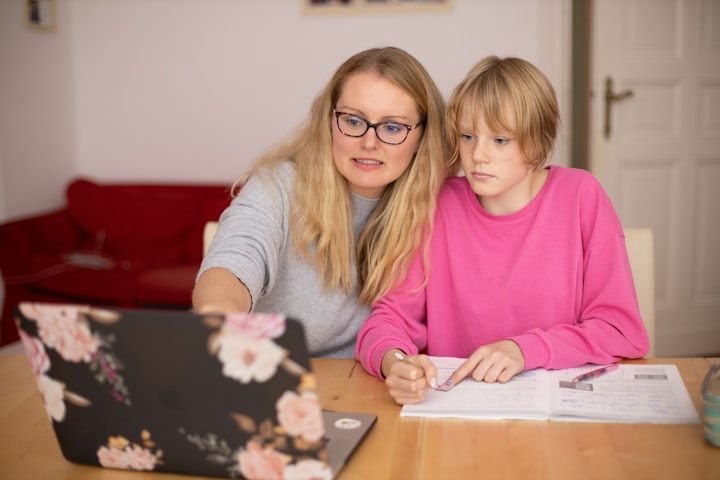How to support your child through divorce
Communication & support can make the biggest difference.

A divorce, however amicable, is a change and change can be unsettling. Sometimes the uncertainty of change can be outweighed by the promise of benefits to come but from a child’s perspective, this is not likely to be the case with divorce, in fact, probably quite the opposite.
This means that, in practical terms, parents need to focus on softening the blow and supporting their child as they progress through the divorce process. Here, Kerry Smith, Family Law specialists at K J Smith Solicitors shares advice on how to help support your child through divorce.

Do as much groundwork as you can first
As the old saying goes, people prefer being presented with solutions rather than problems. In the context of divorce, that means agreeing as much as you can up-front before you make your child aware that anything is going on.
One way of achieving this is to go through the mediation process as much as you can and then speak to your child once you have agreed everything you can agree without their input.
You might want to see if you can find a mediator who can work online or by phone. This may not be quite as good as getting everyone together literally face-to-face (although video calls can be pretty close), but it could make it easier for parents to have their sessions discreetly.
A mediator can also be a good option, as it provides a safe space for couples to talk through any issues without having to go to court. During mediation sessions, couples can also discuss arrangements regarding children and how best to speak to their children about the current situation – which in this case, is very important.
Practice how you are going to break the news to your child
Literally say out loud what you plan to say to your child and ideally say it in front of a mirror. Keep practicing until you are completely comfortable not just with the message but with how you deliver it.
Ideally practice it with your partner, even if that means setting up a video call or even just an audio all.
Basically, make sure that you are both delivering the same message and that it is framed as positively as it can be. Be very clear about the fact that the divorce is between the two of you but that, as far as possible, your child will be consulted on anything which concerns them, for example living arrangements.

Keep all communication clear and honest, but avoid information overload
In situations like this, generally the sweet spot between ethics and pragmatism is to tell your children the truth and nothing but the truth, but not necessarily the whole truth or at least all the details about every issue.
Legal and financial topics can be hard enough for adults to grasp and trying to explain them in-depth to a child, even an older one, is probably going to achieve nothing positive but potentially act as a source of stress.
When it comes to emotional issues, you want to manage the situation in such a way that your child always feels free to seek support from you, but that you never rely on your child for support.
Basically, this means that if they raise a topic with you, you acknowledge their right to their feelings and you answer any questions they have as honestly as you can. You do not, however, voice any concerns or negative emotions you may be feeling. Keep them for other adults.
Also, when it comes to discussing the divorce with your children, breaking the news will come differently depending on the age of your child or children. For younger children, this may be handled differently if your children were teenagers or adults, who may be able to handle the news better.
Naturally children will want their parents to stay together, however a toxic relationship can cause stresses and worries at home that children may not realise is due to parents arguing and falling out regularly.
Trying to build a strong relationship with your children will help to keep them strong during your divorce as they will know they still have support of both parents, despite seeing them separately.
About the Creator
Kerry Smith
Kerry Smith is the head of Family Law at K J Smith Solicitors and are experienced in all matters relating to divorce, civil partnerships, cohabitation disputes and collaborative law.






Comments
There are no comments for this story
Be the first to respond and start the conversation.